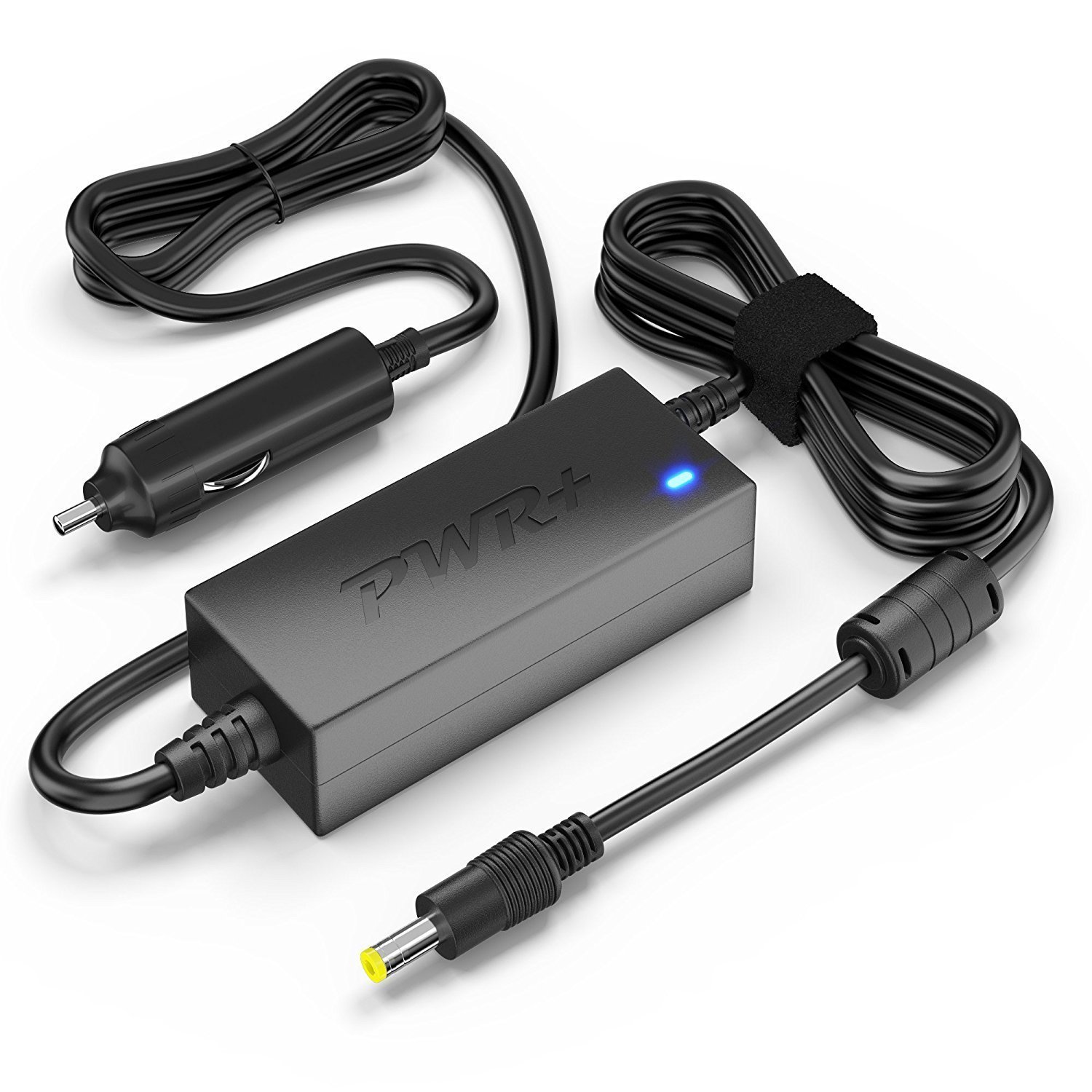DuneElliot
Well-known member
So I'm almost done with my battery/off-grid/12v install and just waiting on another paycheck to order the solar panel kit.
I'm hooking my inverter up the quick and dirty way to my RV's current electrical system...an extension cord from the inverter to the RV plug. I can't afford to do anything else right now and it was a suggestion I saw elsewhere.
The distance is only about 6 ft from the inverter to the RV plug but I also know about voltage drop over distance and thus the need for a larger size cord. I can't find a short (10ft) extension cord in 10/3...the shortest I can find is 25ft. I can find other regular house-size extension cords in 10ft.
So, my question is, due to voltage drop over distance am I better off using a shorter 10ft cord in small 16 AWG (I think that's the size) or a longer 25ft cord in 10/3 to connect from the inverter to the RV plug?
Of course the best solution would be for someone to point me in the direction of a 10/3 10ft cord!!! (I couldn't find one using my Google-Fu)
I'm hooking my inverter up the quick and dirty way to my RV's current electrical system...an extension cord from the inverter to the RV plug. I can't afford to do anything else right now and it was a suggestion I saw elsewhere.
The distance is only about 6 ft from the inverter to the RV plug but I also know about voltage drop over distance and thus the need for a larger size cord. I can't find a short (10ft) extension cord in 10/3...the shortest I can find is 25ft. I can find other regular house-size extension cords in 10ft.
So, my question is, due to voltage drop over distance am I better off using a shorter 10ft cord in small 16 AWG (I think that's the size) or a longer 25ft cord in 10/3 to connect from the inverter to the RV plug?
Of course the best solution would be for someone to point me in the direction of a 10/3 10ft cord!!! (I couldn't find one using my Google-Fu)




